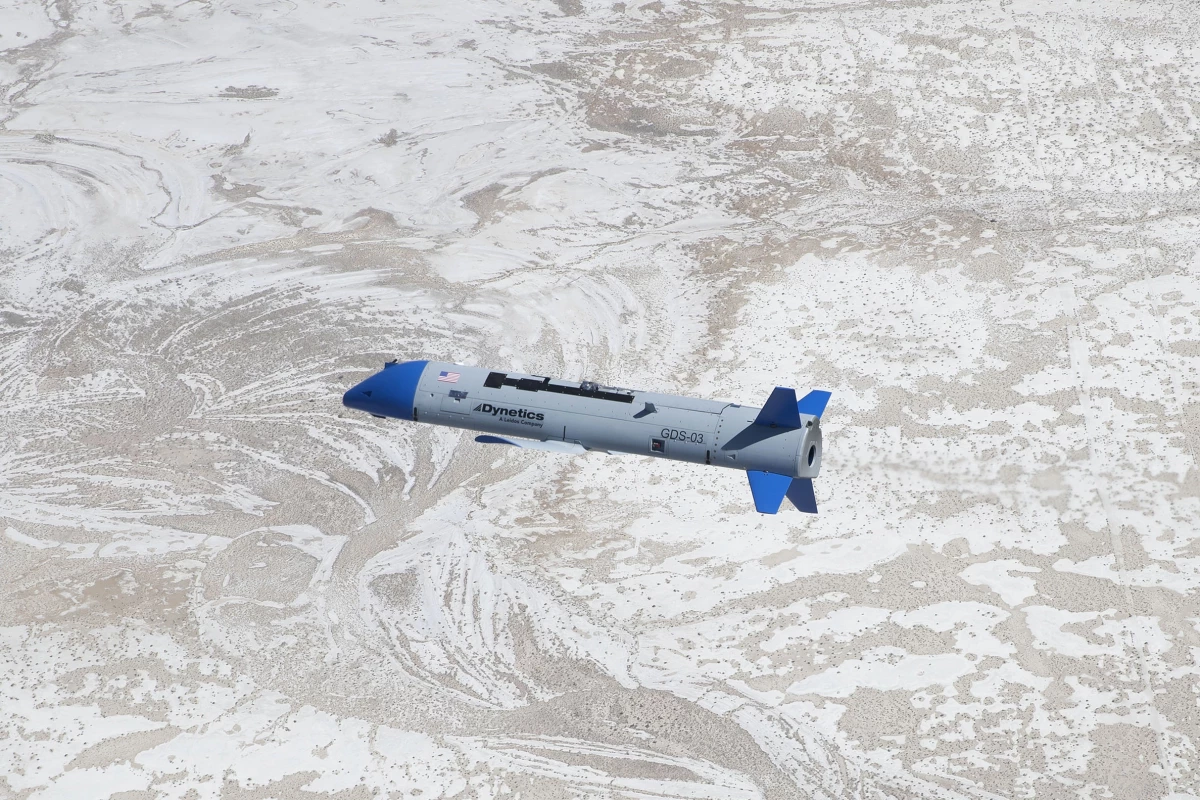DARPA has announced that its unmanned Gremlins X-61A air vehicle has completed a second round of aerial tests at the US Army’s Dugway Proving Ground in Utah. In late July 2020, the agency completed multiple air-vehicle ground and recovery tests as part of the Gremlins program to develop drone swarming systems.
Established in 2015, the goal of the Gremlins program is to develop and demonstrate the ability to air-launch and air-recover up to four unmanned drones, called Gremlins, in half an hour. This is more than just a technological feat, it is key to the US military's goal to integrate Unmanned Aerial Systems (UASs) into the nation's combat air fleets as a way to augment the manned forces and place fewer humans in harm's way.
According to DARPA, the July tests were a follow-up to the first flight tests in November 2019 when an X-61A was carried in a captive-carry test followed by a free flight that lasted over 90 minutes. In the second test, the Gremlins system demonstrated the ability to safely air launch a Gremlin, which was then ground-recovered after a two-hour flight.
During the flight, the vehicle performed rendezvous and autonomous formation station-keeping maneuvers with a C-130 Hercules transport, keeping itself at a distance of 125 ft (38 m).
When the technology is fully matured, the Gremlins system will be able to launch a swarm of drones from a wide variety of military aircraft, allowing the manned aircraft to remain out of range of enemy fire while the drones go in with a payload of sensors weighing up to 150 lb (68 kg). Though a C-130 is being used in the tests, the final recovery system will be easily modified to fit other aircraft. This will allow operational drones to be retrieved in the air, returned to base, and refurbished for a new mission within 24 hours.
The third flight test is scheduled for October, when one, then two, then three of the Gremlins will be recovered in flight. By the end of the year, DAPRA hopes to recover four drones in only 30 minutes.
"The air vehicle performed beautifully from launch through mission modes, and the consistency between the flight tests in November and July increases confidence in the X-61A," says Scott Wierzbanowski, the Gremlins program manager in DARPA’s Tactical Technology Office. "However, we made a decision to delay the first air recovery attempt and instead focus on key risk reduction activities to better ensure a smooth air recovery test later this year."
Source: DARPA






